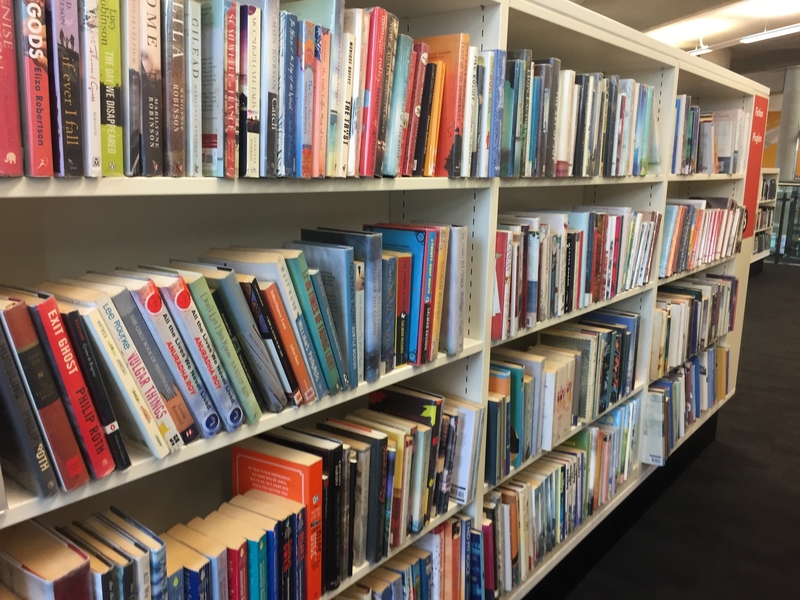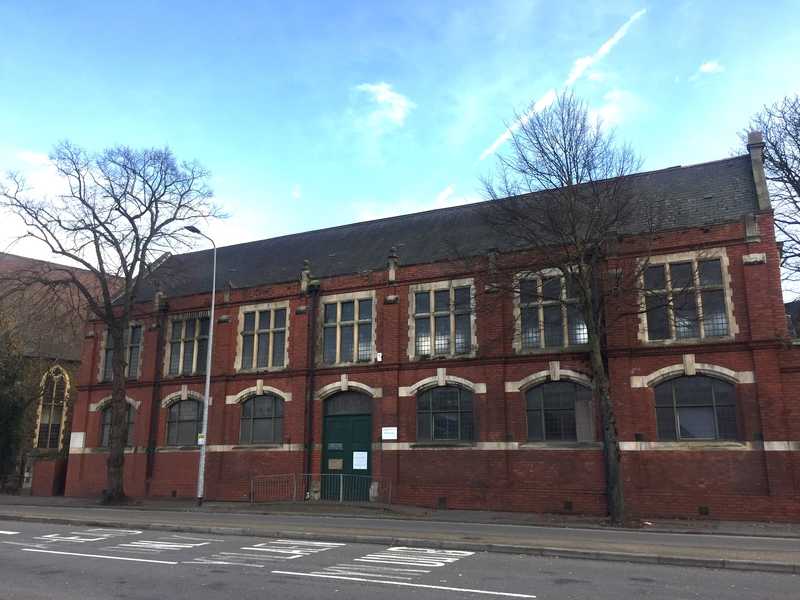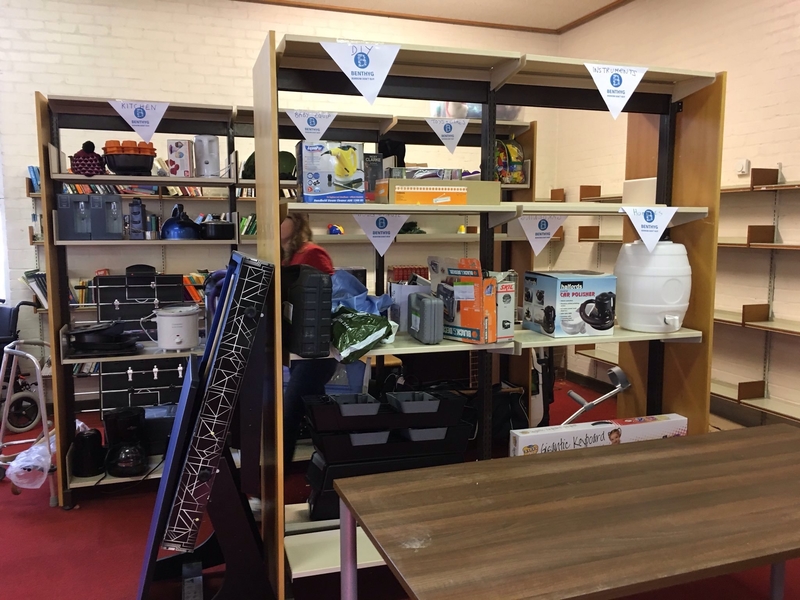Cardiff council has a £35 million gap in its budget – what will this mean for libraries and communities who use them?

Cardiff Central Library is the biggest in the city
Browsing the shelves, selecting a new book covered in sticky plastic covering, and settling down onto the scratchy carpet to get stuck into a new world. That might not be everyone’s memory of going to the library, but for some people it’s a sanctuary that offers more than just a world of imagination.
Libraries are an essential service for families with tight budgets who cannot afford to buy books for their children.
In November 2018, Cardiff council announced they needed to save more than £35 million next year. To make the saving, the council may have to raise council tax or libraries could lose their funding.
Reading is an essential part of children’s literacy skills development, says a report by The Literacy Trust. These skills are important for school achievement and employability.
The Literacy Trust is a charity that conducts research and creates campaigns to improve literacy levels among children and adults in the UK.
In December 2017, BBC News reported that only 75.9% of seven-year-old pupils on free school meals in Wales reached the foundation learning phase in by the end of the school year – missing the target of 80%.
The report says consistently missing literacy targets make social mobility more difficult because it can lock people out of the job market. This can happen because applicants may not be able to communicate their skills and experience properly.
The joy of reading
The Literacy Trust’s report said one in eight disadvantaged children don’t own a book at home, and those on free school meals were among those most likely not to own a book.
The report also found children who do own a book at home are 15 times more likely to read above the expected age level.
“It promotes wellbeing, an enquiring mind, imagination, increases their vocabulary and lets them escape to a different world”
Books are often an unaffordable luxury for families living in poverty, according to a local mum of three.
The Roath-based parent, who wishes to remain anonymous, says she would like to be able to buy books for her children but her budget doesn’t stretch that far.
“The library is a place where I can get out and meet people as well as let my kids just enjoy reading anything they want,” she says.
Libraries are often the only place where families who are unable to afford books can read for pleasure.
A report by Ofsted said reading for pleasure is a more important factor in positive life achievements than a child’s parent’s education.
Helen Jeffreys, a primary school teacher in Magor, says reading for pleasure is a crucial part of developing a child’s literacy skills both in and out of school. “It promotes wellbeing, an enquiring mind, imagination, increases their vocabulary and lets them escape to a different world,” says Helen.
Losing our libraries
The cuts aren’t just affecting public libraries, they’re squeezing school libraries too.
A report by the Impact of School Libraries on Learning said libraries in schools had a positive effect on achievement in all subjects.
The report said school libraries can help bridge the attainment gap between disadvantaged students and their more advantaged classmates. Funding cuts to school libraries mean schools are having to rely on the already stretched public libraries to pick up the slack.
Helen says: “There’s not enough money to replace books and it’s the first thing to go with tight budgets.”

The now closed Roath Library is now being turned into a community dance centre estimated to cost £2 million
A spokesperson for Cardiff council says they are combating the issue of funding gaps by setting up community hubs. The hubs combine housing, benefits and work advice, ICT access and library services.
“These changes will help protect services at a time when many other councils are having to close library buildings or operate services on a volunteer basis only,” says the council.
Community projects
In the face of budget cuts, some communities are taking matters into their own hands. In 2015, Rumney Library faced closure due to reduced council funding. It was rescued by a team of determined locals who created the campaign group, CARL (Community Action for Rumney Library).

Benthyg means ‘loan’ in Welsh (courtesy of Benthyg on Twitter)
The building was bought by local butcher, Lee Evans, and the library now remains an important community asset. The is also Wales’s first library of things. Local people can visit the library, called Benthyg, and borrow items such as lawnmowers, power tools and camping gear.
What happens next?
It’s not all bad news from the council – in 2015 they set up a community hub to replace the library in Rumney.
However, the council closed Roath Library in 2014 because they were unable to pay to repair faults in the building. Although the council has created temporary library service provisions at Cardiff Royal Infirmary, there no plans to replace the library in full.
With so many parents unable to provide books at home for their children, the closure of libraries could have a huge effect on the attainment gap both in school and for years after.
It’s time to preserve those sticky books and scratchy carpets before disadvantaged children are left behind.
